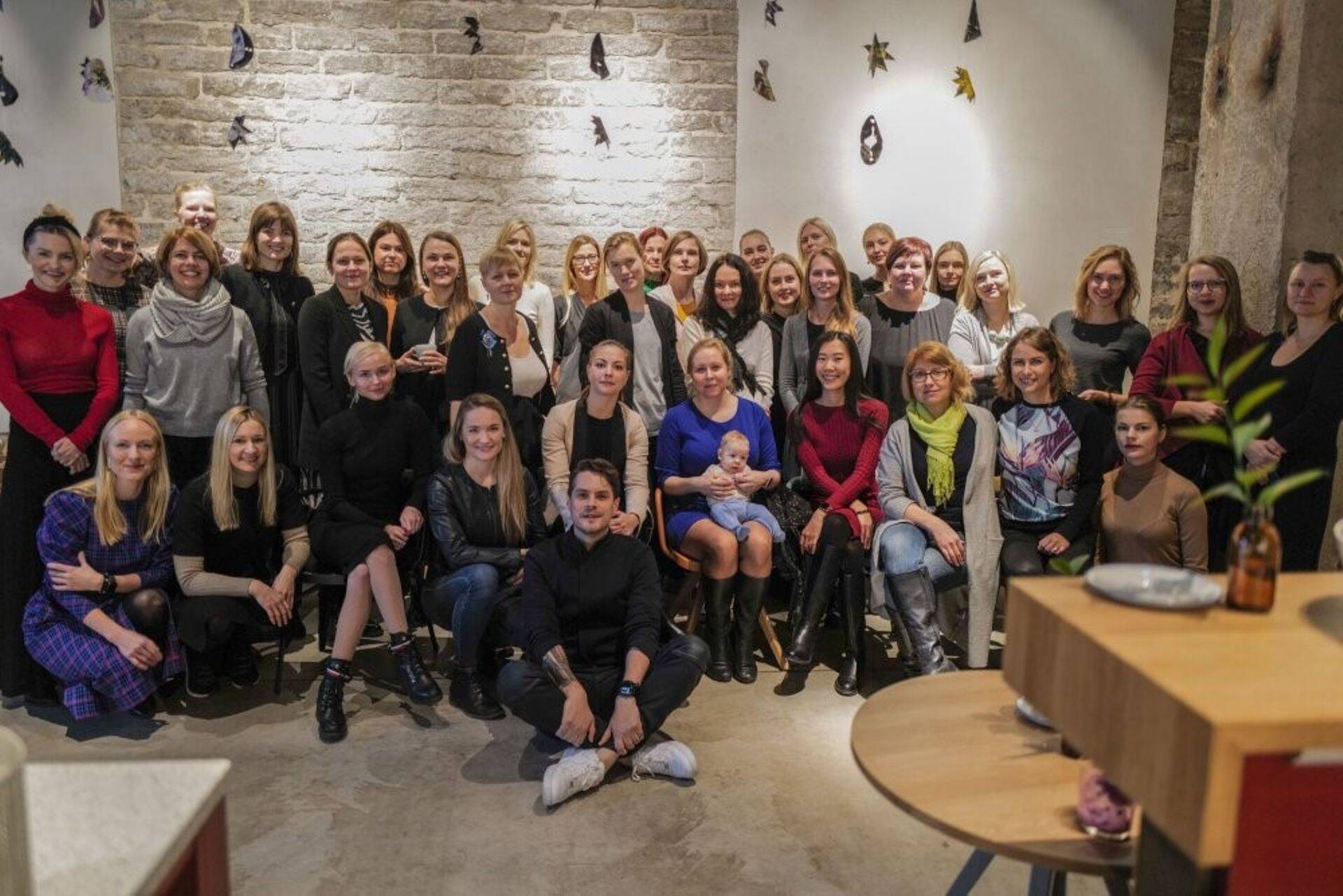Tähelepanu! Artikkel on enam kui 5 aastat vana ning kuulub väljaande digitaalsesse arhiivi. Väljaanne ei uuenda ega kaasajasta arhiveeritud sisu, mistõttu võib olla vajalik kaasaegsete allikatega tutvumine
Arnaud Castaignet: Startup culture as soft power
Estonian startup culture is playing a big part in the country’s soft power internationally. It is serving as pathfinder and attracting foreigners to join the community, but could play a role in reducing regional inequalities as well, discusses Arnaud Castaignet, the head of communications and policy at Skeleton Technologies, formerly the head of public relations at the e-Residency program in Estonia and the digital strategist for the French Presidency.
When I moved to Estonia in 2017, I had no idea I would still be here 3 years later. Yet, I am.
My former job in the e-Residency program gave me a good glimpse of the Estonian digital society. It also offered me the possibility to engage with Estonia’s fascinating startup ecosystem, which I have now fully joined, working in Skeleton Technologies. What makes this ecosystem so unique to me?
Startups as Estonian ambassadors
The Estonian startup ecosystem is actively participating in the execution of soft power of Estonia internationally. I was recently reading a blog post from Startup Estonia, a government initiative to develop the startup ecosystem. I was impressed to see that in 3 years already 2150 individuals have relocated to Estonia and more than 180 startups out of nearly a thousand are founded with the help of the Estonian Startup Visa program.
Another great example of executing international soft power is through the activities of Garage48. It’s an NGO, which started out as an initiative of 6 Estonian startup founders who were tired of long workshops and boring conferences and wanted to get stuff done. It later turned into a real impact organization with events like Empowering Women in Ukraine, Georgia and even in Afghanistan. In those countries, Estonian startup ecosystem is the pathfinder and often the first interaction locals may have with Estonians. I believe the impact of these initiatives for Estonia is tremendous and will benefit the country’s interests for decades and maybe more. In the target countries hundreds of people now see Estonia as an empowering and problem-solving community they can relate to.
The Estonian startup ecosystem is actively participating in the execution of soft power of Estonia internationally.
Giving back to the community
This ecosystem is also unique because many founders are willing to support newcomers by mentoring and supporting smaller startups or investing in new projects. It helps create a healthy ecosystem in which the word “community” has a real meaning. You easily feel welcomed and integrated into the ecosystem.
If I compare the Estonian startup ecosystem with France, where la French Tech is connecting the French relevant community, then I see one big difference. Sure, the French counterpart excels at branding internationally, but the sense of belonging to a community is less developed. The small size of Estonia definitely works as an advantage, but it’s not just that. The enthusiasm and can-do attitude of the Estonian startup community is catching. It makes the community very attractive, particularly to a foreigner.
Spreading regionally
Estonia has high expectations towards its startup community and private sector in general. Private companies are entrusted with tasks that are normally tackled by governments in other countries. Accelerate Estonia, an innovation program initiated by the Ministry of Economic Affairs is one of the latest practical examples of how startup ecosystem is progressively interacting with the government. The program cultivates startup-minded problem solving and cooperation among the public and the private sector.
There are several important issues that Estonia is facing right now such as aging population and inequalities in the economic, social, territorial and health sectors, to name a few. Could all the solutions come from the startup community? Obviously not. However, further supporting access to the startup community for the wider public and facilitating economic opportunities outside the two larger cities Tallinn and Tartu can have huge benefits.
Some successful regional initiatives can be brought out: Viljandi has been designated as a “creative city” by UNESCO, hosting several innovative companies such as Cleveron and Iglucraft. In Pärnu there is Forwardspace, a co-working centre and in Kuressaare there is Edukontor. In Saaremaa also the first rural co-working and co-living space ILand recently opened its doors to the public. These initiatives could provide better opportunities for local entrepreneurs and freelancers, while also attracting foreign workers. If you’re a digital nomad, perhaps you would prefer to experience a stay in these cities to find new energy and creativeness.
foundME is inviting you on board of a weekly newsletter that will bring you the news and opinion stories from the Estonian startup scene. - Subscribe to foundME newsletter HERE!
Seotud lood
Cybernetica vanemteadur Liina Kamm ja SoftComply tegevjuht Marion Lepmets avavad, millest põnevast räägitakse parasjagu kõige rohkem küberturbe ja tehisintellekti valdkonnas. Idufirmadel on suurte tegijate kõrval mitu trumpi. Neid kõrva taha pannes tasub kindlasti osa võtta juulis toimuvast Küberkiirendist.
Enimloetud
Viimased uudised
Hetkel kuum
Liitu uudiskirjaga
Telli uudiskiri ning saad oma postkasti päeva olulisemad uudised.
Tagasi FoundMe esilehele











